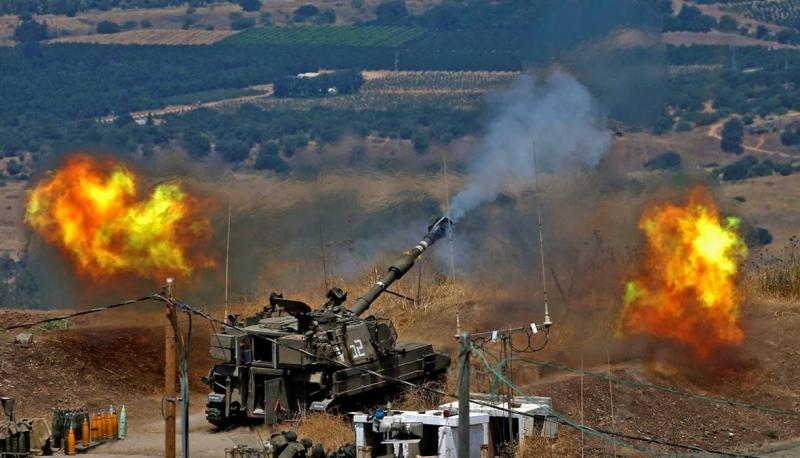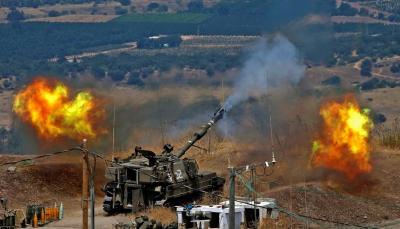While awaiting the outcome of negotiations or American efforts to resolve the maritime border dispute between Lebanon and Israel, attention turns to how both sides will react if these efforts fail, especially following the recent escalation by Hezbollah Secretary-General Hassan Nasrallah and Israel's threat of a devastating war against Lebanon. As Lebanese, particularly those from the south, begin to prepare for a war scenario, reminiscent of the July 2006 War, and some even search for safer areas to escape, expert and analyst estimates vary between asserting that neither side has an interest in war, as the reasons for it no longer exist after the recent Lebanese proposals, and those who believe that if a war occurs, the border dispute would merely be a pretext concealing the Israeli-Iranian and Iranian-American conflicts.
As anticipation builds regarding the next step following meetings with American mediator Amos Hochstein and the Lebanese proposal, retired General Khalil Helou tells "Asharq Al-Awsat": "It is not in Hezbollah's interest nor Israel's to go to war, as Nasrallah is well aware that if hostilities commence, the Israeli response will be devastating." He adds, "While Hezbollah’s arms may be better and more advanced than they were in 2006, Israel's arsenal is also unmatched compared to what it was then, making Nasrallah's escalation merely a means to rally his base and show that his weapons exist to resist Israel." Furthermore, according to Helou, Tel Aviv does not view the dispute over the Karish field as an existential strategic threat that would warrant going to war.
Helou simultaneously links the situation in the region to the war between Lebanon and Israel, clarifying that "the situation in the region is tense on multiple fronts, particularly between Israel and Iran and between Iran and the United States. Therefore, if hostilities erupt between Israel and Hezbollah, it will not be due to the border dispute which Tehran may use as a pretext, but rather due to these national conflicts, with Hezbollah acting as an executor of any decision Iran makes in this context."
Helou believes that any reckless move by Hezbollah this time would have negative repercussions within Lebanon, "especially since Lebanon is not even certain of its entitlement to the field and the United Nations does not recognize it." He adds, "There are many border disputes between several countries, but wars are not waged for such reasons."
On the other hand, Dr. Sami Nader, Director of the Middle East Institute for Strategic Affairs, suggests that following recent information from meetings between the American mediator and Lebanese officials about their acceptance to negotiate based on Line 23, the likelihood of war between Hezbollah and Israel has diminished. He clarified to "Asharq Al-Awsat" that with the authority and Hezbollah behind it "having thrown the task to the state," adopting Line 23 as a basis for negotiation while proposing an amendment, noting that it is internationally demarcated, there remains no justification for them to refuse Israel's extraction of oil from the Karish field. Consequently, the political grounds and legal bases for objecting to Karish are non-existent. Thus, any military action that may occur, according to Nader, would constitute an aggression, explaining: "This action would only be justified if Lebanon insisted on the shared Line 29 boundaries, which has not occurred."




